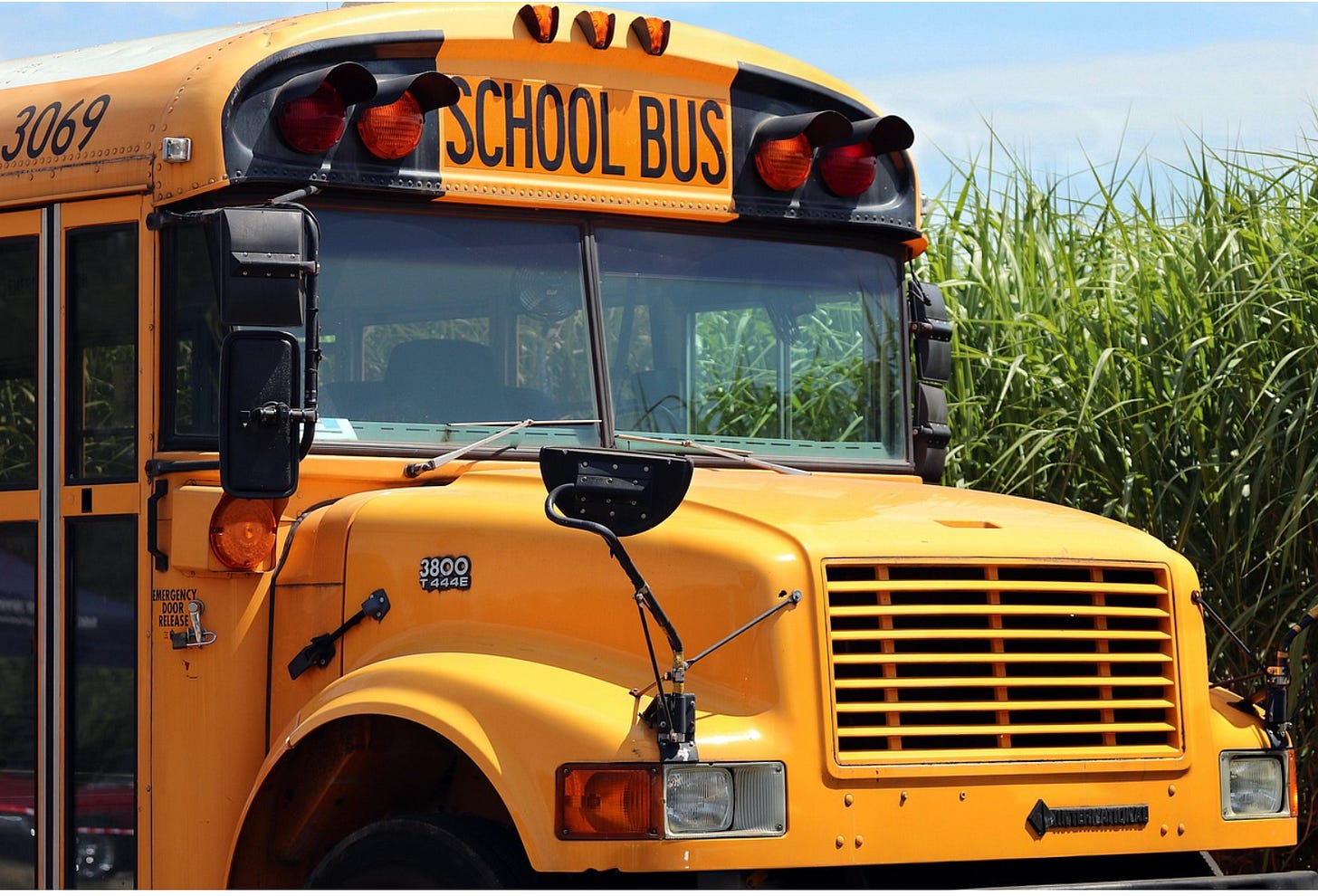Despite Funding Freeze Frustrations, Bipartisan Pressure Signals Likely Release for Vermont's Remaining $18 Million
Optimism is driven by mounting bipartisan pressure, legal precedents, and practical realities that could force a fuller reversal.
The Trump administration's sudden freeze on billions in federal education dollars has left Vermont educators, parents, and administrators scrambling, injecting uncertainty into budgets just weeks before the school year begins.
The partial release announced on July 18 of $6.5 million for afterschool and summer programs offers a glimmer of relief, but over $18 million more remains in limbo, tied up in programs for teacher training, English learners, migrant education, and mental health supports.
For many in Vermont—a state that prides itself on robust public education—this pause feels like a direct affront to local priorities, fueling anger and anxiety amid broader political noise. Yet, stripping away the partisan rhetoric and emotional headlines, a closer look at the indicators suggests the remaining funds are more likely than not to flow through.
This optimism isn't rooted in any sudden alignment with the administration's social agenda, which has framed the hold as a review for "radical leftwing" influences. Instead, it's driven by mounting bipartisan pressure, legal precedents, and practical realities that could force a fuller reversal.
The administration's decision to release approximately $1.4 billion nationwide for the 21st Century Community Learning Centers program—Vermont's share being that $6.5 million—marks a significant backtrack just weeks after the June 30 freeze, according to reports from Vermont Public and the U.S. Department of Education.
This move preserves nearly 100 afterschool sites serving 11,000 Vermont students, a critical resource for working families in rural areas like the Northeast Kingdom or Chittenden County, as detailed in state education analyses.
But why the partial thaw?
Administration officials cited "new guardrails" to ensure funds align with policy goals, yet the speed of this concession—amid outcry from districts nationwide—hints at responsiveness to external forces rather than internal ideological shifts, based on statements from the Office of Management and Budget.
Republican Pushback
Chief among those forces is bipartisan congressional pushback, a rarity in today's polarized Washington. On July 17, ten Republican senators, including moderates like Maine's Susan Collins and Alaska's Lisa Murkowski, penned a letter to the Office of Management and Budget (OMB) urging an immediate reversal of the freeze on the remaining $5.5 billion-plus, according to congressional records and news outlets like Education Week.
The signatories argued that withholding these congressionally approved funds contradicts President Trump's own stated aim of devolving K-12 education back to the states, potentially harming programs with longstanding GOP support, such as migrant education in agricultural regions, as noted in the letter itself.
For Vermont, this cross-aisle advocacy resonates: Our own Sen. Bernie Sanders has been vocal in criticism, but the GOP involvement adds weight, signaling that even within Trump's party, the freeze is seen as overreach that could alienate voters in swing states, per analyses from political observers. Legal challenges further tilt the scales toward release. Vermont joined 23 other states and the District of Columbia in a July 14 lawsuit accusing the administration of unconstitutional impoundment—essentially, illegally holding back funds that Congress allocated and the president signed into law, according to court filings and statements from state attorneys general.
Historical precedents favor the plaintiffs: Similar freezes under previous administrations have been struck down in court, often leading to swift releases to avoid prolonged battles. With the school year looming, judges may expedite rulings, pressuring the OMB to act before disruptions become irreversible. Public and local sentiment, amplified on platforms like X (formerly Twitter), underscores this momentum.
Recent posts from Vermont outlets highlight the lawsuit's urgency, framing it as a defense against "havoc" on students and families, as shared by local media and educators. Nationally, educators and governors from both parties have voiced concerns, with impacts rippling to red states like Kansas and Arizona, where partial funds were released amid outcry, according to reports from NPR and other national sources.
This broad discontent isn't about embracing a "leftwing agenda" but preserving essential services—teacher recruitment in understaffed Vermont districts, for instance—that transcend ideology.Of course, nothing is guaranteed in politics, and the administration could dig in, attaching strings to future releases or dragging out reviews.
But the pattern is clear: The partial lift came after initial backlash, and escalating pressures—bipartisan, judicial, and grassroots—make a full unfreeze the path of least resistance. For Vermonters weary of federal whiplash, this isn't cause for celebration, but it is reason to anticipate stability. As schools finalize budgets, watch for OMB responses in the coming weeks; history suggests the money will come, not out of goodwill, but necessity.


